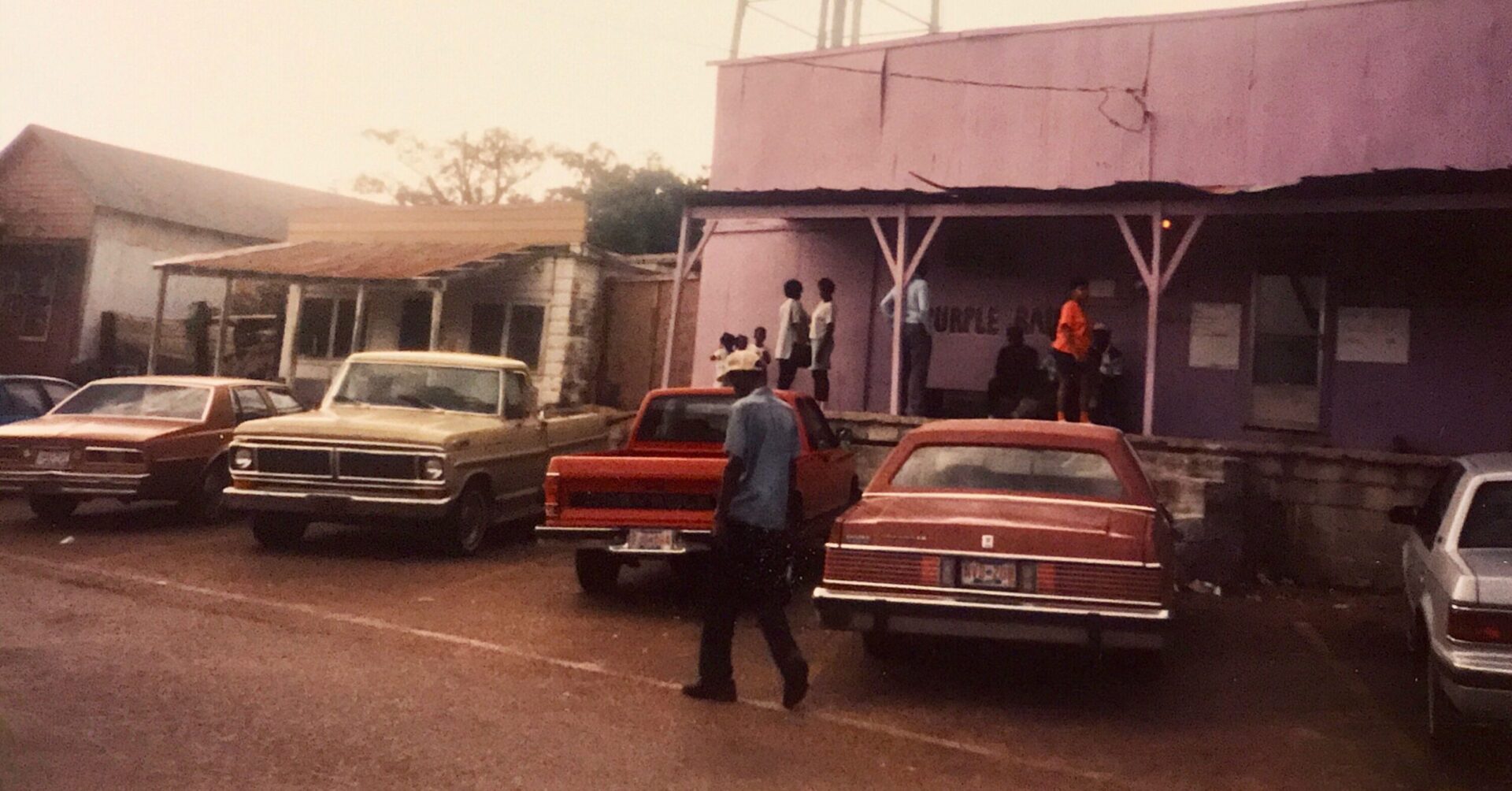R. L. Boyce, Cam Kimbrough, Joyce Jones and the Rising Star Fife and Drum Band at the Memphis Music and Heritage Festival
New Orleans’beloved Jazz Fest celebrates the wide diversity of New Orleans music, but the Memphis equivalent, the Beale Street Music Festival generally does not feature …
